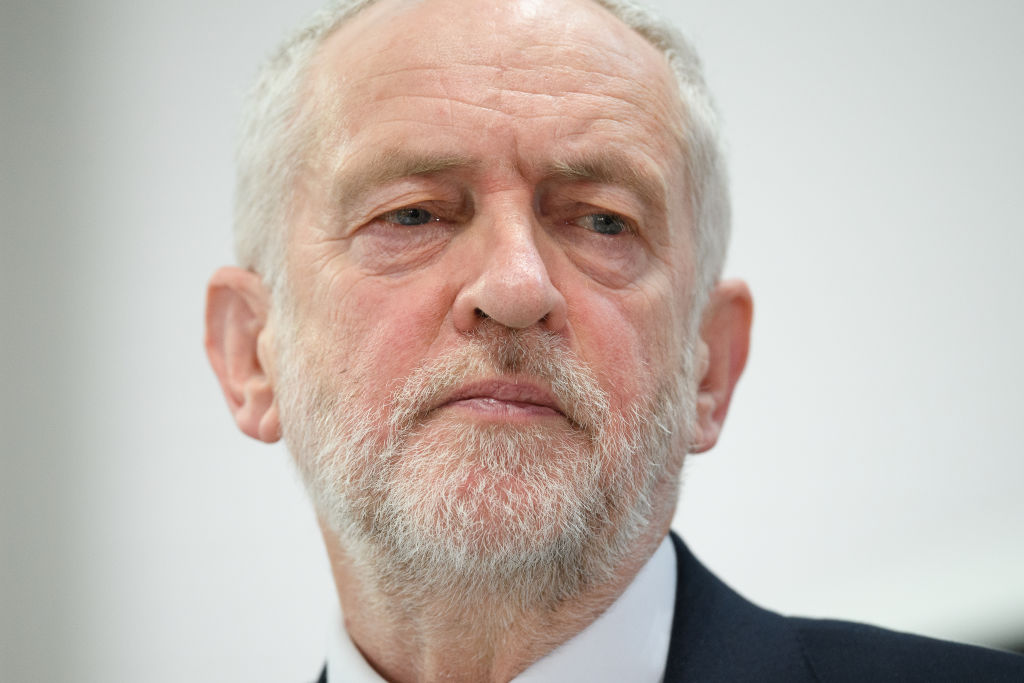Jeremy Corbyn’s response to the Salisbury poisoning has been widely criticised, with many of his own MPs siding with the PM rather than their leader. In spite of the backlash, Corbyn has doubled down on his refusal to point the finger at the Russian government, suggesting that the Russian mafia could be to blame.
The Daily Telegraph says that Corbyn has finally been unmasked, arguing that his refusal ‘to condemn Russia straightforwardly’ now risks ‘undermining efforts to forge a collective international response to the Salisbury poison attack’. So why is Corbyn so reluctant to point the finger at Putin? The ‘public can see right through’ the Labour leader, according to the Telegraph, which says his response ‘has been conditioned by his anti-Western bias and his lack of faith in British institutions’. Cornyn’s predecessor as Labour leader, Michael Foot, responded to the Falklands crisis by backing Margaret Thatcher’s decision to retake the islands. After all, ‘Mr Foot recognised that the enemy in the Falklands war was a thuggish dictatorship seeking to harm a sovereign people’. It seems clear, concludes the Telegraph, that Corbyn does not share the ‘same instinctive, common-sense patriotism’.
‘Nato allies are explicitly siding with Britain’, says the Times. But this hasn’t come easy. ‘What should have been a straightforward call for alliance solidarity’ has instead turned into ‘a marathon bout of diplomacy’, suggests the paper. The British government has finally succeeded in uniting the west in its response; this is to ‘Mrs May’s credit’, says the Times. If Putin was aiming to ‘split the alliance’, so far he has failed. Yet it is not only the PM herself who managed to unite the likes of France, the United States and Germany against Russia: ‘Almost every member of Nato has felt hostile pressure from Mr Putin’s Russia at one time or another’. This means ‘a systemic threat has to be treated as such’, says the Times. But this incident also makes another thing clear: Britain must continue to value its role in Nato. After all, the British government has only been listened to by its Nato allies because ‘it is a big contributor to the defensive deployments of’ the organisation, points out the Times. This once again makes the argument for upping defence spending further.
The Sun says that, whether we like it or not, Britain remains at the mercy of Russia – and ‘eco-fantasists’ worried about fracking are to blame. The paper says that it has warned repeatedly ‘of the folly of leaving our energy supply at the mercy of flaky foreign powers’. But instead of investing in fracking, successive governments ‘did next to nothing’ to change things. ‘Now we are deep into a crisis with Russia, which supplies us with gas via Europe’, says the Sun. It is ‘madness’ that Britain needs Russian gas to heat our homes. Yet hopefully this latest crisis will ‘be the moment Britain finally wakes up to the need for new power stations and for shale gas’ to ensure that the UK is no longer reliant on Russia for its basic needs.







Comments